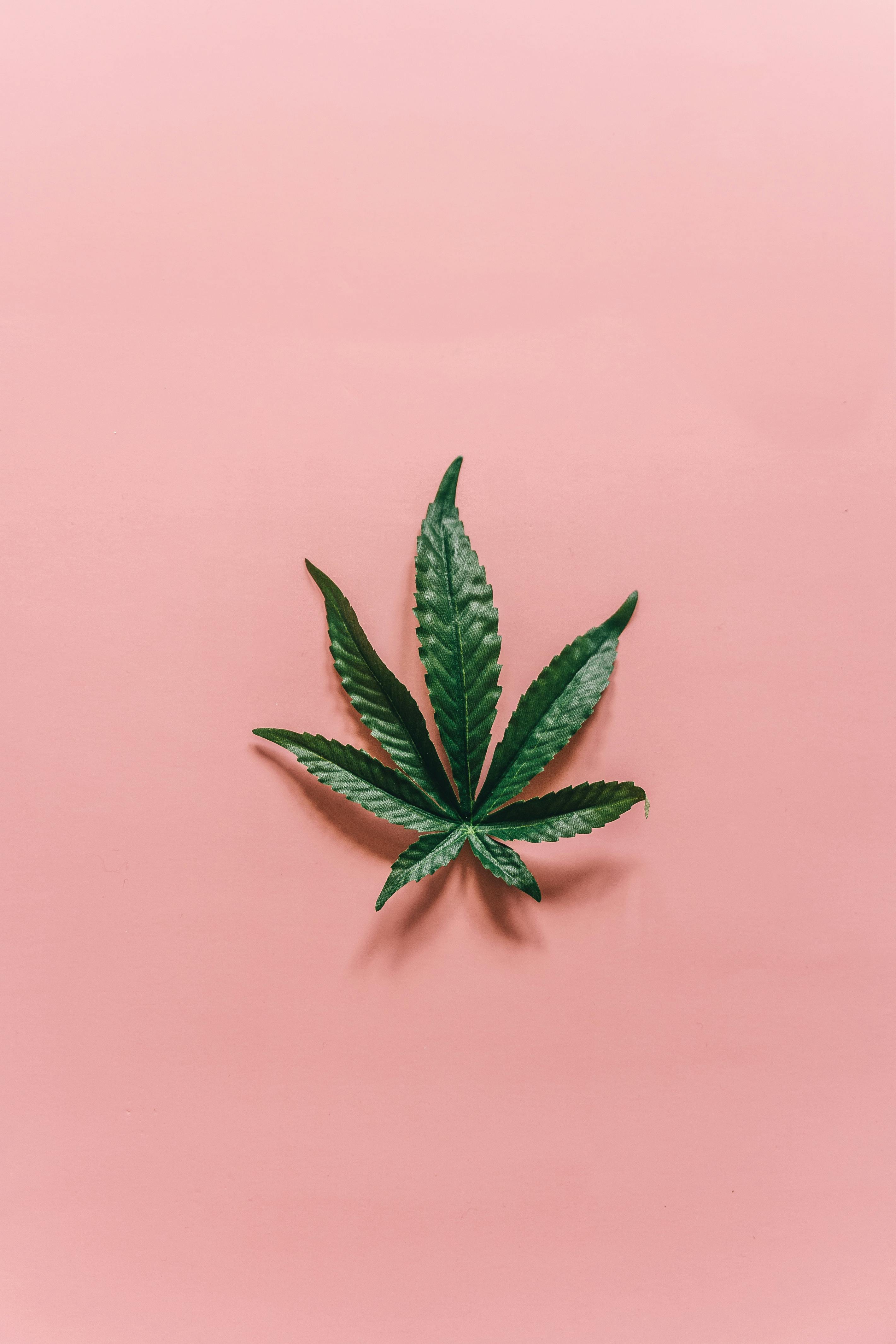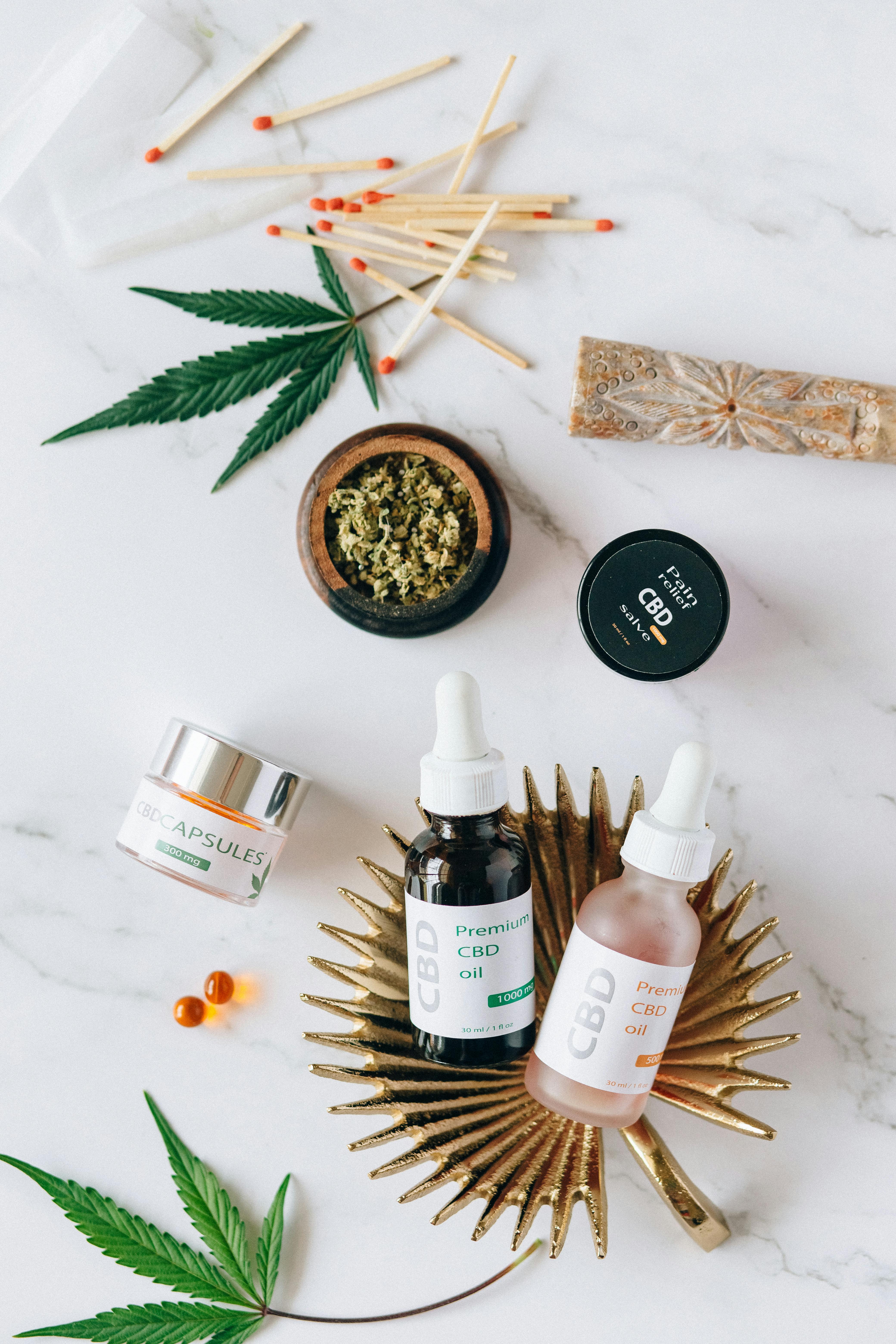Cannabis, commonly known as marijuana, has seen a significant shift in public perception and legality over recent years. As of January 2025, numerous states in the U.S. have legalized its medical and recreational use, leading to increased consumption. This trend necessitates a thorough examination of cannabis's effects on mental health, particularly concerning anxiety and depression. This article explores the complex relationship between cannabis use and these mental health conditions, highlighting recent research findings.
Cannabis and Anxiety
Anxiety disorders are among the most prevalent mental health issues globally. Some individuals use cannabis to alleviate anxiety symptoms, attributing calming effects to its consumption. However, the relationship between cannabis and anxiety is multifaceted:
-
Short-Term Relief vs. Long-Term Effects: While some users report immediate anxiety reduction, studies indicate that chronic cannabis use, especially with high THC concentrations, may increase the risk of developing anxiety disorders. According to a 2024 review by Mental Health Daily, use is linked to an increased risk of anxiety disorders, emphasizing the need for further research to understand this association fully.
-
Individual Variations: Responses to cannabis vary. Certain individuals may experience heightened anxiety or paranoia, particularly with high-THC strains. Conversely, some find relief, which underscores the importance of personalized approaches to cannabis use.
Cannabis and Depression
Depression affects millions worldwide, and the potential of cannabis as a treatment has garnered attention. However, the evidence presents a complex picture:
-
Mood Enhancement vs. Dependency: Some users report mood improvements with cannabis use. However, heavy and prolonged consumption can lead to dependence, potentially exacerbating depressive symptoms. Research indicates that reductions in cannabis use are associated with improvements in anxiety, depression, and sleep quality, suggesting that limiting use may benefit mental health.
-
Adolescent Use and Long-Term Implications: Adolescent cannabis consumption has been linked to an increased risk of developing depression in adulthood. A systematic review and meta-analysis found that cannabis use during adolescence is associated with a higher risk of depression and suicidal behavior later in life.
The Role of Cannabidiol (CBD)
CBD, a non-psychoactive component of cannabis, has been studied for its potential therapeutic effects:
-
Anxiolytic Properties: Some studies suggest that CBD may reduce anxiety symptoms without the psychoactive effects of THC. However, the overall evidence from observational studies and clinical trials remains inconclusive, indicating the need for further research.
-
Antidepressant Potential: Preliminary research indicates that CBD might have antidepressant effects, possibly influencing serotonin receptors in the brain. Nonetheless, comprehensive clinical trials are necessary to confirm these findings.
Recent Developments and Considerations
The evolving landscape of cannabis research has introduced new considerations:
-
THC-Infused Beverages: The rise of THC-infused drinks offers an alternative to traditional consumption methods. While they may provide effects similar to alcohol, experts advise caution due to potential side effects like cognitive impairment and anxiety. Users are encouraged to "start low and go slow," adjusting intake based on individual responses.
-
Contaminants in Unregulated Cannabis: A 2024 study revealed that a significant portion of street cannabis is contaminated with harmful substances, including mold, lead, E.coli, and synthetic cannabinoids. These contaminants pose serious health risks, emphasizing the importance of sourcing cannabis from regulated and reputable providers.
Guidelines for Responsible Use
For individuals considering cannabis for managing anxiety or depression, the following guidelines are recommended:
-
Consult Healthcare Professionals: Engage with healthcare providers to discuss potential risks and benefits, ensuring informed decision-making.
-
Moderation and Monitoring: Start with low doses, particularly with high-THC products, and monitor individual responses to mitigate adverse effects.
-
Be Aware of Legal and Quality Considerations: Ensure that cannabis products are sourced from reputable, regulated suppliers to avoid contaminants and adhere to legal guidelines.
The relationship between cannabis use and mental health, particularly regarding anxiety and depression, is intricate and individualized. While some may experience symptom relief, others could face exacerbated conditions. Emerging research underscores the necessity for personalized approaches and further studies to fully understand cannabis's mental health implications. As societal acceptance and legalization of cannabis continue to evolve, prioritizing mental health through informed and cautious use remains paramount.




